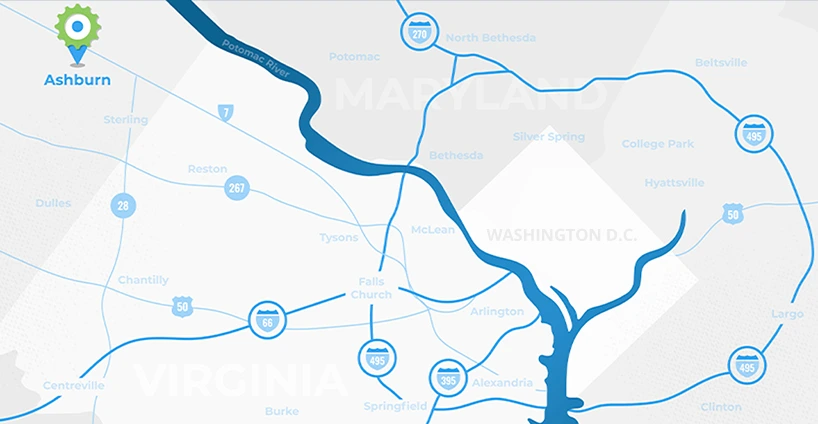Drupal or WordPress. Which Should You Choose?
So, you’re in the process of having a new website designed and the discussion turns to content management systems. Which platform will your website use? There are many to choose from but probably the most popular are Drupal and Wordpress. While both are open-source publishing platforms, much debate and discussion surrounds which one is better, how they compare, and which one to choose.
Drupal has its roots in content management for websites and Wordpress built its reputation first as a blogging platform. At a basic level -- for publishing articles, text, images -- you can accomplish the same with either platform. However, there are some differences you’ll want to consider before making your selection between Drupal and Wordpress.
Comparing Drupal and Wordpress
Hundreds of articles have been written on the similarities and differences between Drupal and Wordpress. We’ve read many of them and have summarized our findings below:
What’s the same?
- Drupal and Wordpress are both content publishing platforms
- Both are extendable; Drupal uses modules and Wordpress uses plug-ins to expand functionality.
- Both will require frequent updates to keep up with security and compatibility issues.
- Both platforms allow you to customize the look and feel to match your brand.
- Both platforms have spam filtering services.
What’s different?
- Drupal is a true content management system; Wordpress is a publishing platform. (This difference is merely semantical for most intents and purposes.)
- Wordpress is more user-friendly, easier, and simpler for the average user – of course that’s also because often more complicated sites are built on Drupal and complicated websites are inherently more difficult to use. (On this note: Drupal 7 had made great strides toward leveling the playing field on user-friendliness.)
- Drupal is strong as a web application development platform.
- Drupal is highly flexible and robust. It’s cut out for any job – b
ig or small. - Drupal is focused on communities and collaboration.
- Wordpress has more themes, but far fewer plugins.
- Drupal’s modules are highly customizable; with WordPress’ plug-ins you get what you get.
- Wordpress is better for those who are sure they don't want more than the existing plugins offer.
- Wordpress is focused on elegant, well-architectured personal publishing systems.
- Wordpress works only with MySQL database; Drupal can work with just about any database.
- Drupal has a sophisticated permissions scheme. Anything is possible with Drupal permissions.
- Many Wordpress modules, themes, and add-ins are version-dependent; meaning every time you update Wordpress you may encounter issues with outdated modules, etc. Drupal modules are less susceptible to this problem.
- On a similar note as above, Wordpress is more susceptible to hackers – especially if you fail to keep it updated.
- For e-commerce, Wordpress is more limited than Drupal.
- Drupal’s ‘blocks’ functionality is accessible from the admin panel and allows you to have content in different parts of the page.
- Drupal developers are harder to come by, and tend to be more expensive. However, with both systems you’ll want to avoid winding up with a cheap site builder who knows WordPress or Drupal but can’t take either beyond their most basic level.
Certainly there are many more similarities and differences that we haven’t covered here but these should start to give you a good idea as to which platform will be best for your needs.
So… where do we stand on the Drupal vs. Wordpress issue?
In a nutshell, for basic needs and for people who desire ease-of-use above all else, we would choose Wordpress. For more complex websites or for people who want to start small and grow, we’d choose Drupal.
In reality, there are many factors that go into deciding which platform is best for you. We work with both and encourage you to request a meeting to discuss your specific project.




